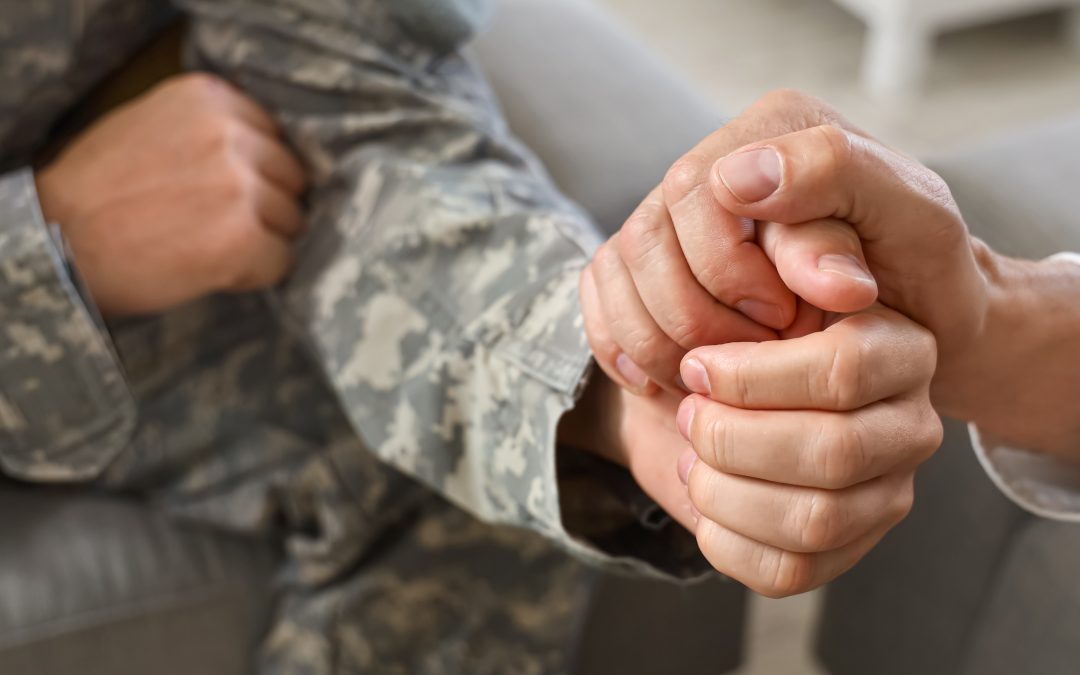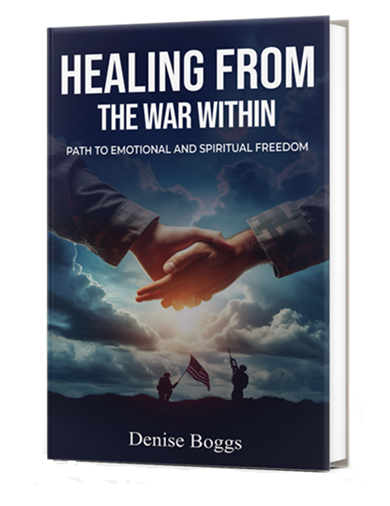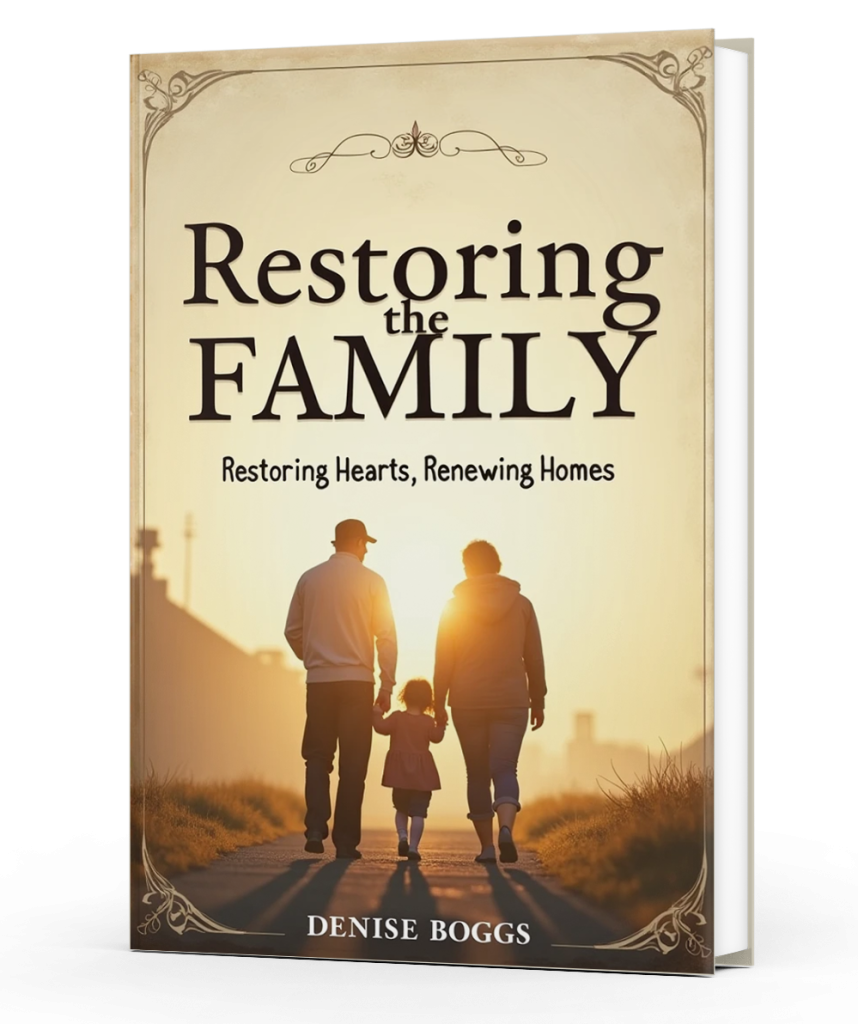Table of Contents:
1. Understanding the Emotional Scars of War
2. The Role of Forgiveness in Healing
3. Scriptural Foundations for Forgiveness
4. Practical Steps to Embrace Forgiveness
—
Introduction
The emotional scars left by war are often deep and long-lasting, affecting not only those who served on the front lines but also their families and loved ones. Veterans may return home physically unharmed, but they carry with them the invisible wounds of trauma, guilt, and bitterness. These internal battles, often described as the “War Within,” can be as debilitating as any physical injury. The path to healing is complex, but one essential component that can offer profound relief is forgiveness. This article explores how forgiveness, grounded in spiritual principles, can play a pivotal role in healing the emotional scars of war.
—
Understanding the Emotional Scars of War
War leaves indelible marks on the human psyche. Veterans often experience a range of emotions, from anger and guilt to deep-seated bitterness. These emotions can arise from various sources, including the traumatic events witnessed on the battlefield, the loss of comrades, and the moral injuries sustained when actions taken during war conflict with personal values.
The emotional scars of war are not limited to the veterans themselves; they also extend to their families. The pain and anger harbored by veterans can affect their relationships, creating a ripple effect that impacts their spouses, children, and even future generations. The “War Within” is a term that encapsulates this internal struggle—a battle fought long after the external war has ended.
The scars left by these experiences can harden the heart, leading to isolation, anger, and a sense of disconnection from loved ones. Over time, these unhealed wounds can manifest as post-traumatic stress disorder (PTSD), depression, and other mental health challenges. The question then arises: Can forgiveness help in healing these profound emotional scars?
—
The Role of Forgiveness in Healing
Forgiveness is a powerful tool in the healing process. It is not merely an act of letting go but a conscious decision to release the burden of anger, bitterness, and guilt. Forgiveness allows individuals to confront their pain, acknowledge the wrongs done, and choose to move forward without being shackled by past experiences.
For veterans, the act of forgiveness can be particularly challenging. The anger and guilt they carry may be deeply rooted in their experiences of war, where they were trained to suppress emotions and focus solely on survival. Yet, these suppressed emotions, left unaddressed, can fester and create a “root of bitterness” that affects every aspect of their lives.
Scripture offers profound insights into the role of forgiveness in healing. Hebrews 12:15 warns of the dangers of allowing bitterness to take root, as it can defile many and hinder spiritual growth. By choosing to forgive, veterans can begin the process of uprooting this bitterness and finding peace.
Forgiveness does not mean forgetting the pain or excusing the actions that caused it. Instead, it involves a release—a surrender of the right to hold on to anger and a willingness to embrace healing. This process can be transformative, allowing veterans to experience freedom from the “War Within” and to rebuild relationships with their families and communities.
—
Scriptural Foundations for Forgiveness
The Bible provides a strong foundation for understanding and practicing forgiveness. Throughout scripture, forgiveness is portrayed as a divine command and a pathway to spiritual freedom. Jesus’ teachings emphasize the importance of forgiving others as a reflection of God’s forgiveness towards us.
In Matthew 6:14-15, Jesus teaches, “For if you forgive men their trespasses, your heavenly Father will also forgive you. But if you do not forgive men their trespasses, neither will your Father forgive your trespasses.” This passage highlights the reciprocal nature of forgiveness—it is both a gift we receive and a gift we must give.
Forgiveness is also seen as a key to unlocking God’s grace in our lives. Ephesians 4:31-32 encourages believers to “Let all bitterness, wrath, anger, clamor, and evil speaking be put away from you, with all malice. And be kind to one another, tenderhearted, forgiving one another, even as God in Christ forgave you.” This scripture underscores the importance of letting go of negative emotions and choosing to forgive, not out of obligation, but as an act of love and kindness.
For veterans struggling with the emotional scars of war, these scriptures offer a roadmap to healing. They remind us that forgiveness is not just about the other person; it is about freeing ourselves from the chains of bitterness and anger that keep us bound to the past.
—
Practical Steps to Embrace Forgiveness
Embracing forgiveness, especially after experiencing the horrors of war, is not an easy task. It requires intentionality, patience, and, often, the support of others. Here are some practical steps veterans and their families can take to begin the journey of forgiveness:
a. Acknowledge the Pain
The first step in the forgiveness process is acknowledging the pain. This involves being honest about the hurt and anger that war has caused. Veterans must allow themselves to feel these emotions rather than suppress them. This step is crucial because it brings the pain into the light, where it can be addressed and healed.
b. Identify the Source of Bitterness
Veterans need to identify the specific events or people that have contributed to their bitterness. This could be a commanding officer, a comrade, or even themselves. By pinpointing the source, they can begin to understand the root of their anger and take steps to address it.
c. Seek Spiritual Guidance
Forgiveness is a deeply spiritual act, and veterans may find strength in seeking guidance through prayer, scripture, and fellowship with other believers. Engaging in spiritual practices, such as reading the Bible or participating in a faith-based support group, can provide the encouragement needed to continue the forgiveness journey.
d. Release the Burden
The final step in the process is releasing the burden of bitterness and anger. This is often the most difficult step, as it involves letting go of the desire for retribution or justice. Veterans must trust in God’s justice and allow His peace to fill the void left by unforgiveness. This release is a powerful act of faith and surrender, allowing veterans to move forward in their healing journey.
—
Frequently Asked Questions (FAQ)
Q1: Is forgiveness necessary for healing emotional scars?
Yes, forgiveness is essential for healing emotional scars because it allows individuals to let go of anger and bitterness, which can otherwise keep them trapped in the past and prevent emotional and spiritual growth.
Q2: How can veterans begin the process of forgiveness?
Veterans can begin the process of forgiveness by acknowledging their pain, identifying the sources of their bitterness, seeking spiritual guidance, and consciously choosing to release the burden of anger and resentment.
Q3: Does forgiving mean forgetting the trauma of war?
No, forgiving does not mean forgetting. It means choosing to release the hold that the trauma has on your life, allowing you to heal and move forward without being burdened by past events.
Q4: What role does scripture play in the process of forgiveness?
Scripture provides a foundation for understanding forgiveness as a divine command and a path to spiritual freedom. It offers guidance and encouragement for those seeking to forgive and find peace.
Q5: Can forgiveness help rebuild relationships affected by the emotional scars of war?
Yes, forgiveness can help rebuild relationships by breaking down barriers of anger and bitterness, allowing for reconciliation and renewed connections with loved ones.
—
Conclusion
The journey to healing the emotional scars of war is not easy, but forgiveness is a powerful step in that process. Grounded in spiritual principles and supported by scripture, forgiveness offers veterans the opportunity to release their burdens and find peace. By embracing forgiveness, veterans can begin to heal the “War Within” and move forward with renewed hope and freedom.





